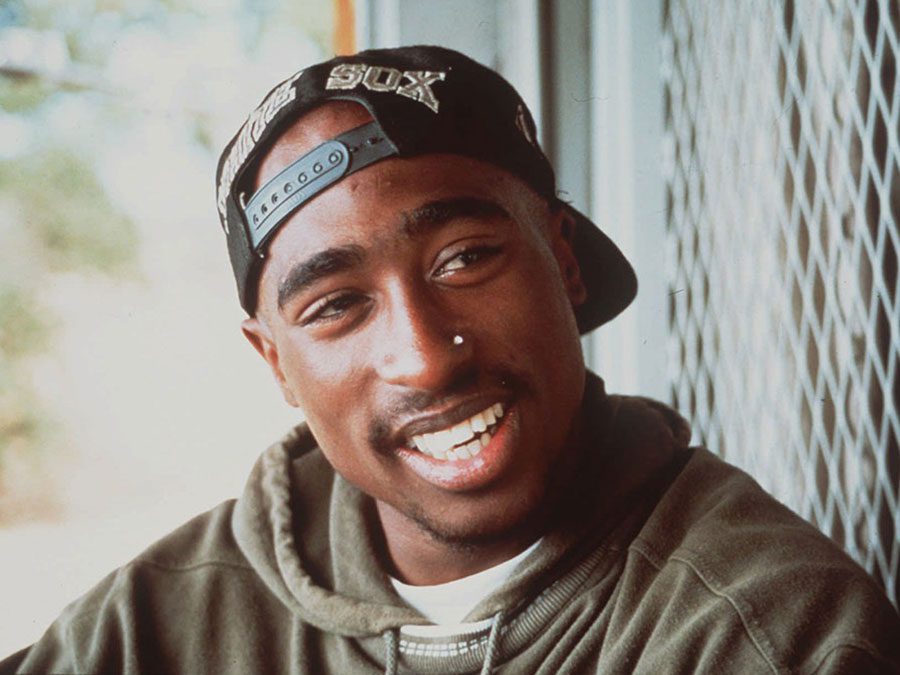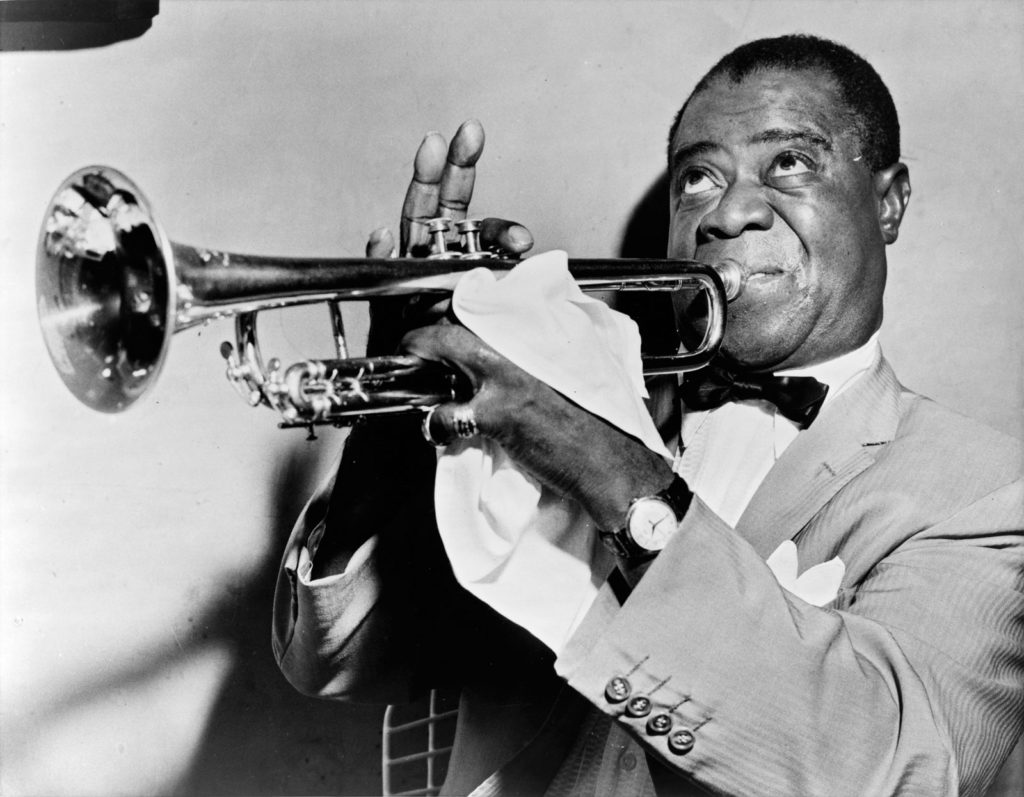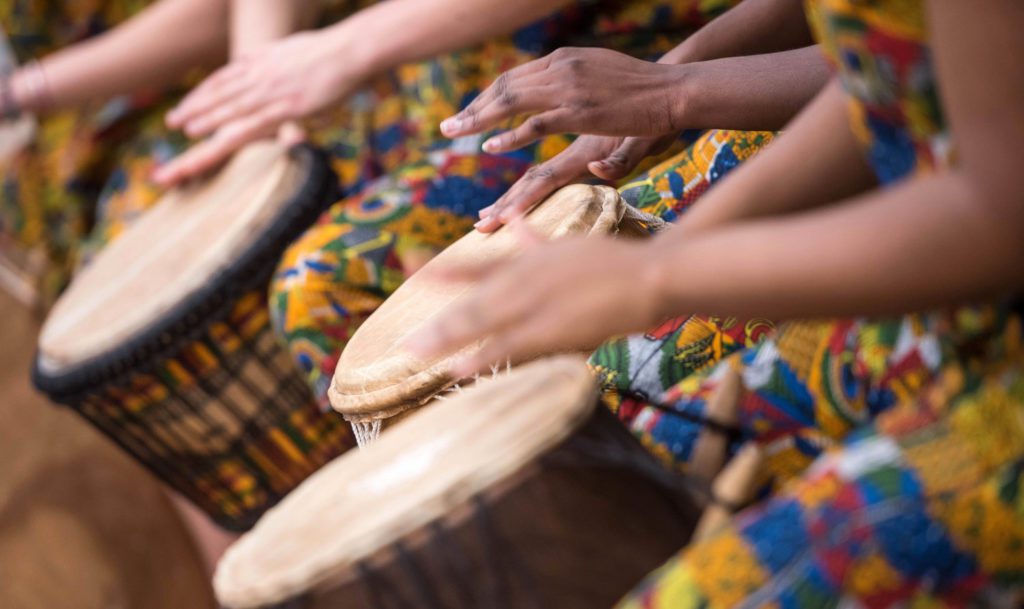Africa's Impact On Modern Music
African music has had a tremendous impact on modern day music styles. Africa is comprised of thousands of different styles of music. Many genres of popular music, such Hip-Hop, Gospel and Jazz, derive from musical traditions from Africa. Africa’s musical influence has helped with the shaping of music around the world. It began with the dispersion of millions of Africans around the world during the slave trade. It continued through the 20th and 21st centuries as people traveled to and from Africa. Now today, the evolution of African musical traditions continue. Without Africa and the African diaspora, music across the globe wouldn’t be what it is today.
Hip Hop
Rapping means “to converse”. Rapping has been used as a chanting or speaking art form for many years. Hip-Hop is rooted in the cadence and storytelling of African tradition. During the early days of the African slave trade, slaves used traditional music as a means of retaining a connection to their culture and to protest the conditions they were forced to endure. This concept is seen in today’s Hip-Hop music. For example, Lil Baby’s song “Bigger Picture”, was his artistic way of protesting police brutality in the United States. Hip-Hop still has a strong link to the African oral tradition with its rhyming and storytelling techniques. In today’s Hip-Hop music, listeners will find that many songs tell a story. For example, Tupac’s song “Dear Mama”, tells a story about the struggles his mother endured as a single mother. No matter what Hip-Hop song you hear, there will be a strong presence of African culture and tradition.


Gospel
African music traditions can also be found in Gospel music. During slavery, African natives developed a way of using drums to communicate with one another using coded messages. These coded messages were used to stage revolts against their slave masters. In today’s gospel music, the drums are an essential instruments used to accompany the choir. Music is an important aspect of religion in Africa, as it is in the United States. For example, many church services today begin with “praise and worship”. African natives used rituals and religious music to pass down stories from generation to generation. Many hymns heard in African American churches today, such as “Wade in the Water”, are rooted from the hymns slaves created and tell a story.

Jazz

Though jazz originated in America, it was influenced by African traditions. The call and response of the African tradition is seen in today’s Jazz music. Jazz uses call and response by employing a relationship between two solo instruments or between solo and ensemble. The call and response tradition can also be heard when the lead singer or instrument performs a short phrase or call, and is followed by a response from a congregation or group of instruments.
Conclusion
So many of our modern musicians have incorporated African instruments and traditions into their songs. Essentially, there are unlimited forms of music that have been affected by African music on some level. Anyone who listens to music has experienced the influence and impact of African music. Africa has left a permanent mark on modern day music.


